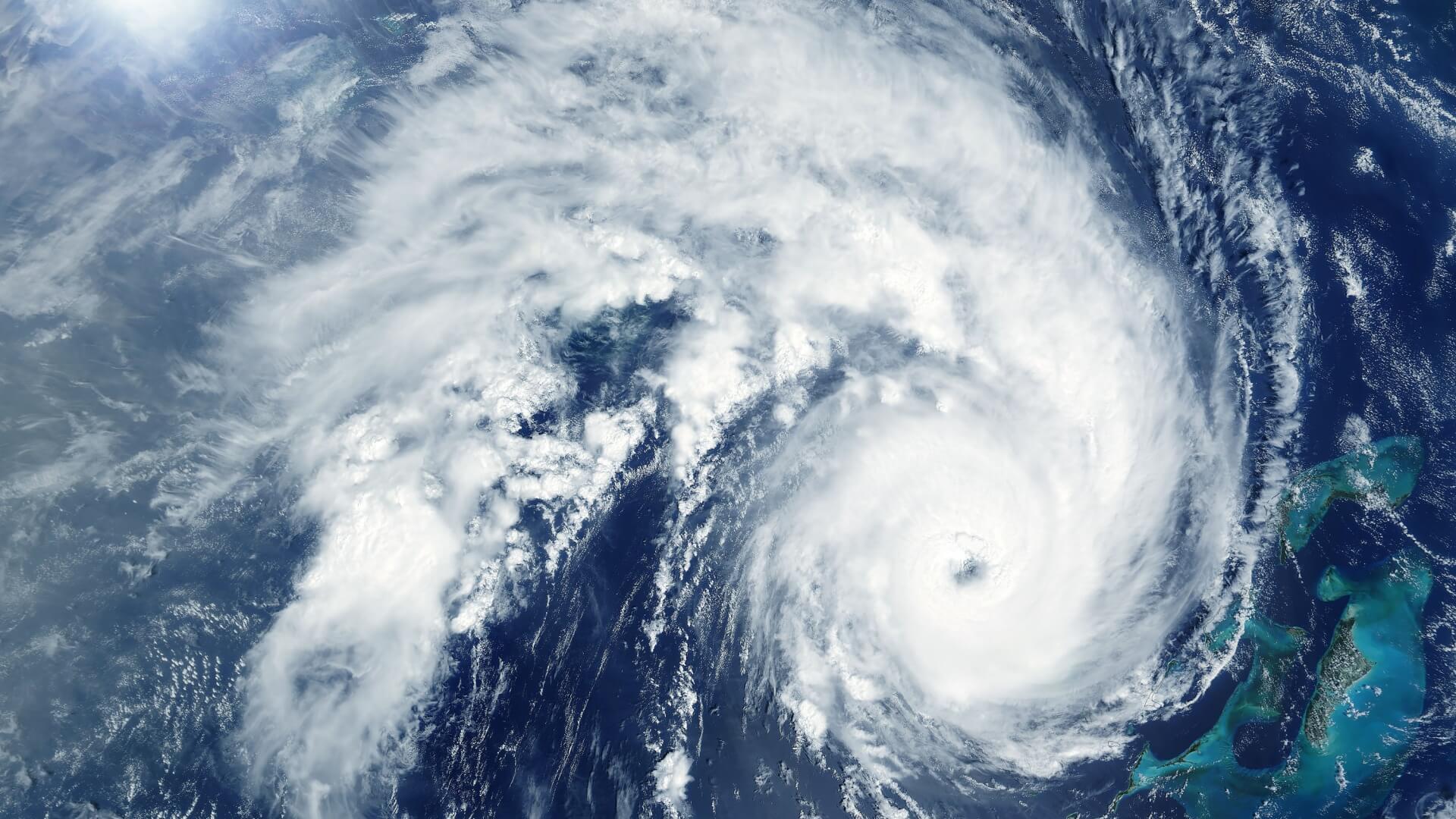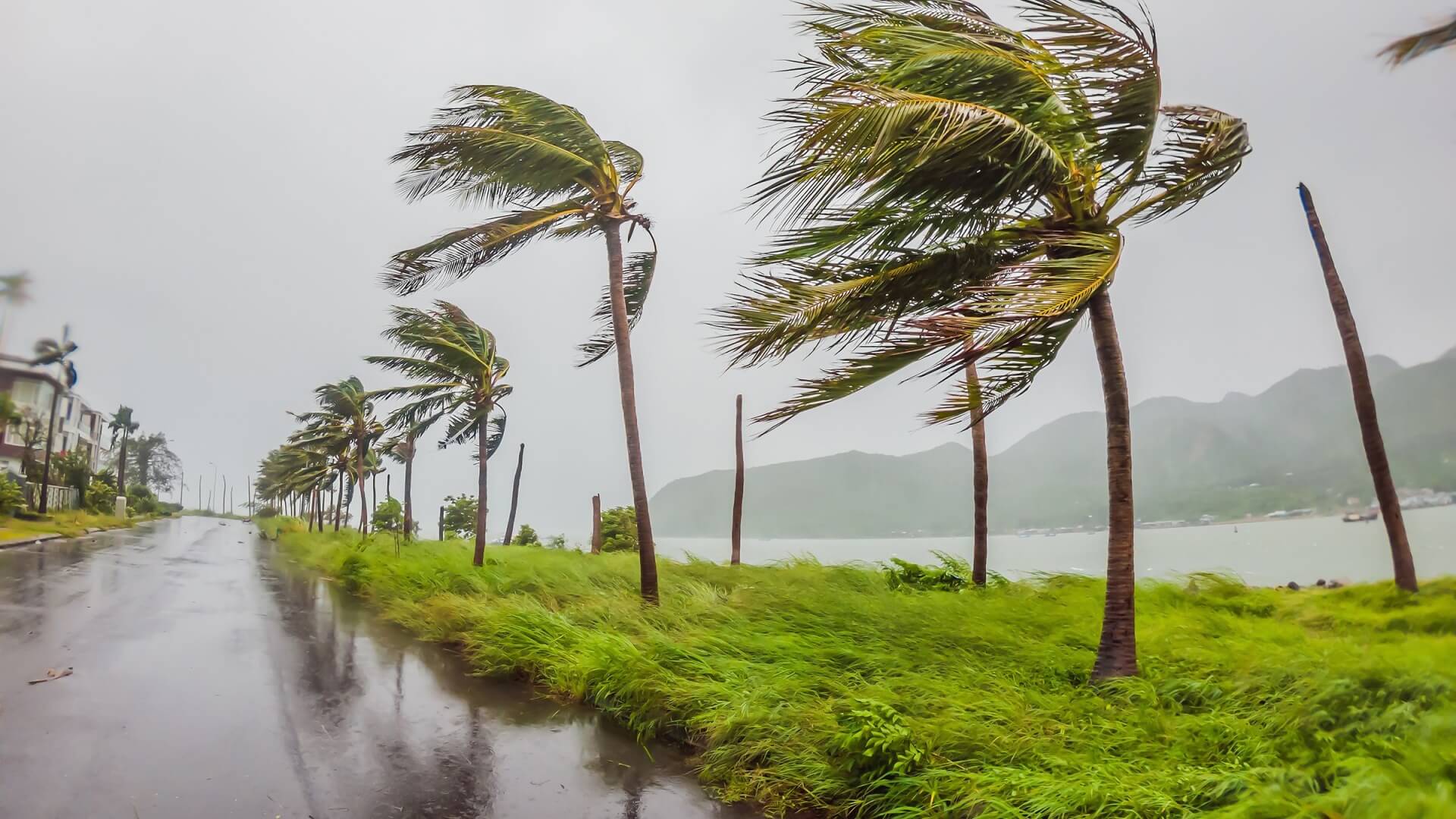When a hurricane strikes, its impact can be devastating. Preparing for the storm, staying safe during it, and navigating the aftermath can seem overwhelming, but these steps are crucial to protecting your family, home, and peace of mind.
At EC Law Counsel, we understand that hurricanes are unpredictable, and recovery is often complicated. That’s why we’ve compiled essential hurricane safety tips to guide you through every stage—from preparation to recovery.
Before the Hurricane: Preparation is Key
The best way to protect yourself from a hurricane is to prepare well before the storm hits. Here’s what you need to do:
1. Create an Emergency Plan
- Decide if you’ll evacuate or shelter in place.
- Establish a family communication method and meeting point.
- Determine the safest location in your home for shelter.
Use resources like the FEMA mobile app to create a customized emergency plan tailored to your family’s needs.
2. Assemble an Emergency Kit
Include the following in your kit:
- Bottled water (at least one gallon per person, per day for several days).
- Non-perishable food.
- Flashlights and extra batteries.
- A battery-powered radio.
- First-aid supplies.
- Important documents should be in a waterproof container.
For a complete list, visit ready.gov/kit.
3. Know Your Zone
Hurricanes often necessitate evacuation. Know your hurricane evacuation zone and monitor local emergency instructions. Your local authorities will provide updates regarding evacuations through wireless emergency alerts or ready.gov/alerts.
4. Secure Your Home
Protect your home by:
- Boarding up windows with plywood or installing storm shutters.
- Clearing debris from your yard.
- Securing loose outdoor furniture.
5. Pet Preparedness
Don’t forget about your furry friends! Have a plan for their safety, complete with food, water, and identification tags. Organizations like the Veterinary Emergency Group provide actionable advice for pet owners during disasters.
6. Stay Informed
Track weather updates through reliable sources like the National Weather Service and local news channels. Being informed is your best defense against unexpected dangers.
During the Hurricane: Safety First
When the storm arrives, prioritize safety for yourself and your loved ones.
7. Seek Shelter
- Stay in an interior room, hallway, or closet on the lowest level of your home.
- Avoid rooms with windows, doors, or skylights.
8. Stay Tuned to Updates
- Use a battery-powered radio to stay informed, especially during power outages.
- Follow local officials’ instructions regarding curfews or additional safety measures.
9. Conserve Resources
- Use flashlights instead of candles to minimize fire hazards.
- Limit phone use to emergencies and charge phones in advance using portable power banks.
Even during the calm “eye” of the storm, stay indoors. The eyewall can return suddenly and violently.
After the Hurricane: Recovery and Safety
When the storm has passed, exercising caution is essential during the recovery phase.
10. Assess Damage
Inspect your home for visible damage, but avoid entering if structural integrity is in question. Look out for:
- Loose or damaged roofing.
- Broken windows.
- Flooded areas.
11. Beware of Hazards
FEMA advises being vigilant about common post-storm hazards such as:
- Downed power lines. Maintain a safe distance and report them immediately.
- Floodwaters. Never walk or drive through them as they can hide dangerous debris or strong currents.
Wear protective gear, including gloves and sturdy boots, during cleanup efforts.
12. Document Everything
Take photos and videos of any damage. This will be critical for filing insurance claims. Ensure timestamps are visible, as they add credibility to your evidence.
13. Contact Your Insurance Company
Notify your insurer about the damage as soon as possible. Provide them with all necessary documentation, and keep a record of all communications.
14. Seek Legal Assistance
If your insurance company denies, delays, or undervalues your claim, EC Law Counsel can help.
The Role of EC Law Counsel
Dealing with insurance companies after a hurricane can be frustrating. Adjusters may try to undervalue damage or deny claims outright. With EC Law Counsel, you’ll have:
- Over a Decade of Experience in hurricane damage claims.
- Insider Knowledge from a team familiar with insurance company tactics.
- Personalized Service, ensuring attention to every detail of your case.
- Proven Results, increasing your chances of securing the compensation you deserve.
Your Safety Comes First, With the Help of EC Law Counsel
Hurricane preparedness is about protecting more than just your property; it’s about safeguarding your family, pets, and livelihood.
By following the tips outlined here—from assembling an emergency kit to seeking legal support when needed—you’re taking essential steps toward safety and resilience.
If you’re facing insurance disputes or challenges, call us at 954-740-6333 or fill out our online form for a free consultation. Don’t leave your recovery to chance. Our lawyers can:
- Properly assess your damages.
- Negotiate effectively with insurers.
- Represent you in court, if needed.
Still have questions about post-hurricane legal assistance? Contact EC Law Counsel today. Together, we’ll ensure your recovery is as smooth as possible.





